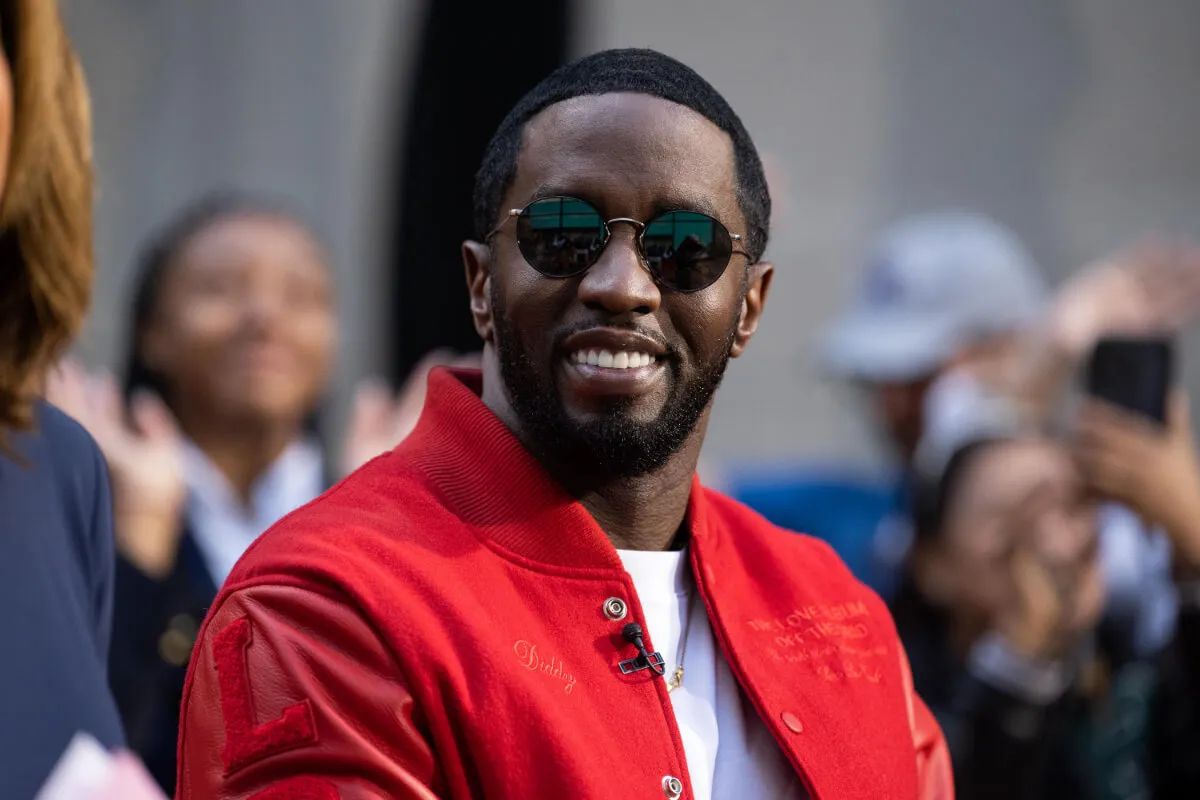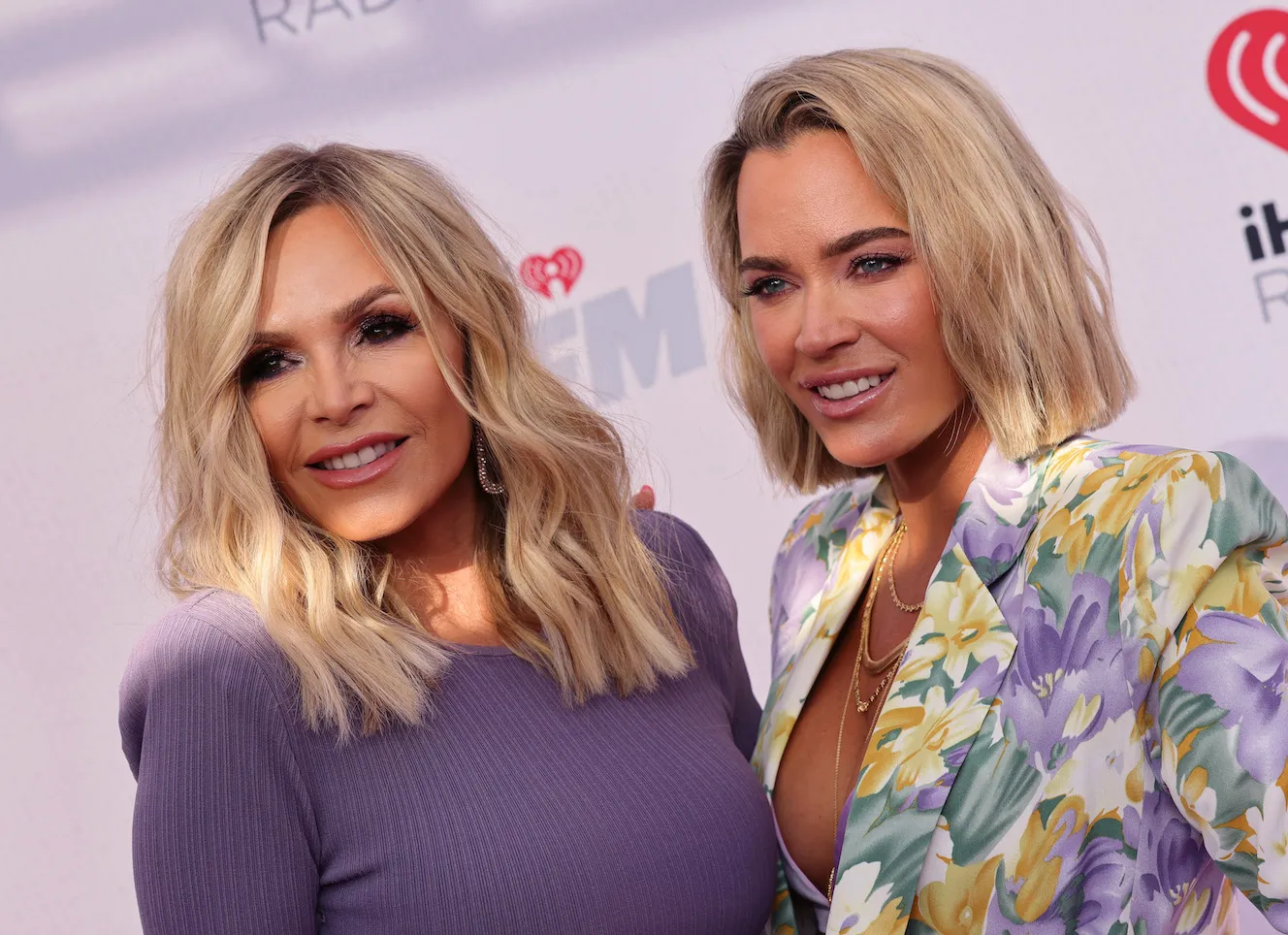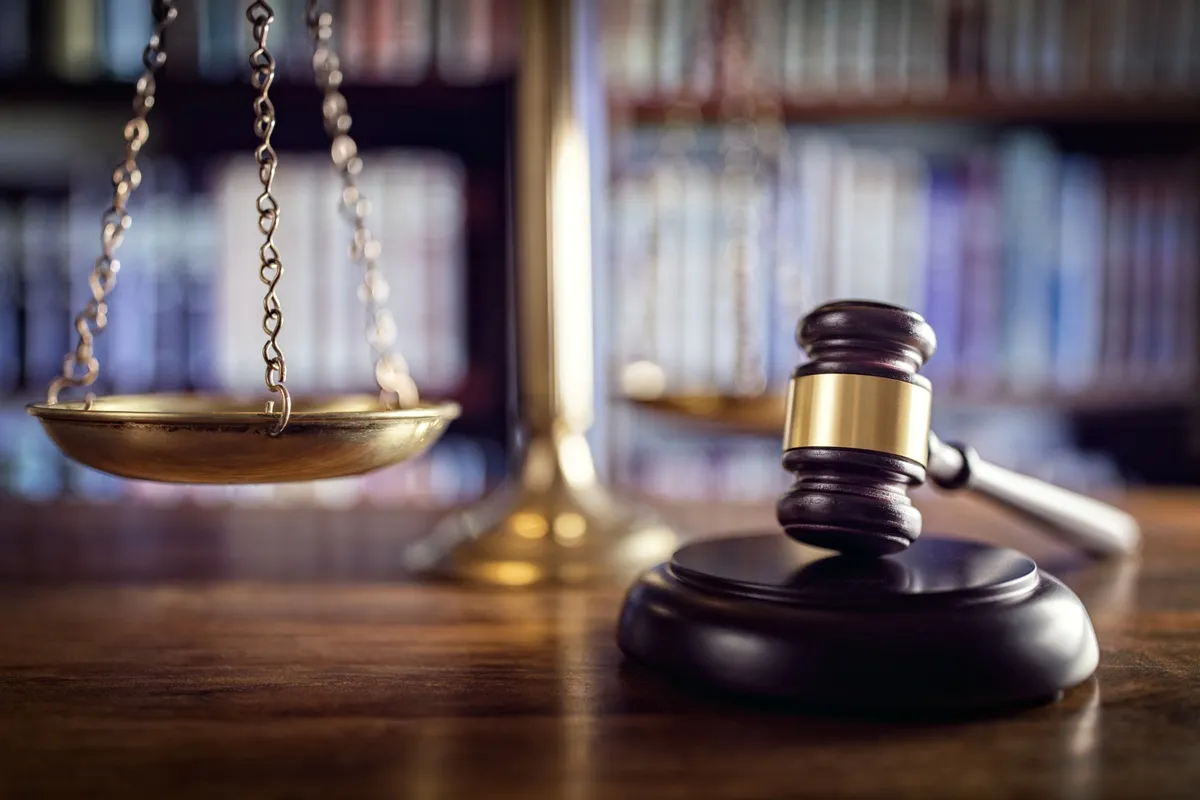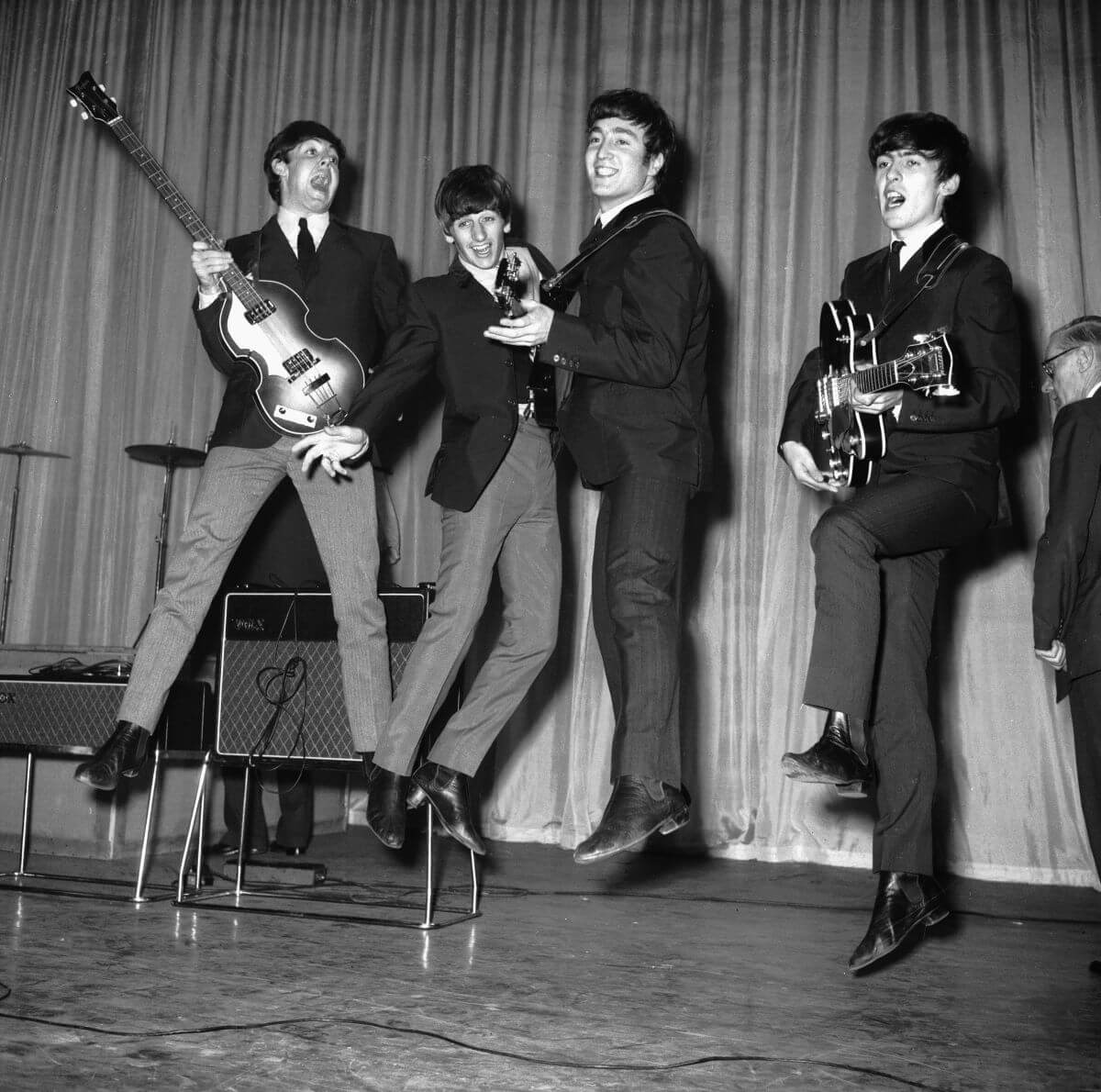
The Beatles’ Early Concerts Ended in Blood, Tears, and Tear Gas
In the Beatles’ earliest concerts, they played for crowds who seemed to be out for blood. Their audiences picked fights with staff at the venues, brawled with one another, and sprayed tear gas as the band played. They shared what it was like to constantly have this kind of chaos happening during their shows.
The Beatles played to tough, violent crowds in their early concerts
The Beatles’ first big break came when they traveled to Hamburg. Here, they learned how to play to an audience and work together onstage. They also learned how to continue to perform in the face of tumult.
“The problem with the nightclubs in Hamburg was that most of the waiters and the barmen were gangsters,” George Harrison said in The Beatles Anthology. “They were tough guys, anyway; they were fighters, and there would always be fights.”
Their audiences were so predictably violent that the band knew which songs would whip them into a frenzy. They even learned to play, at least temporarily, through a haze of tear gas.
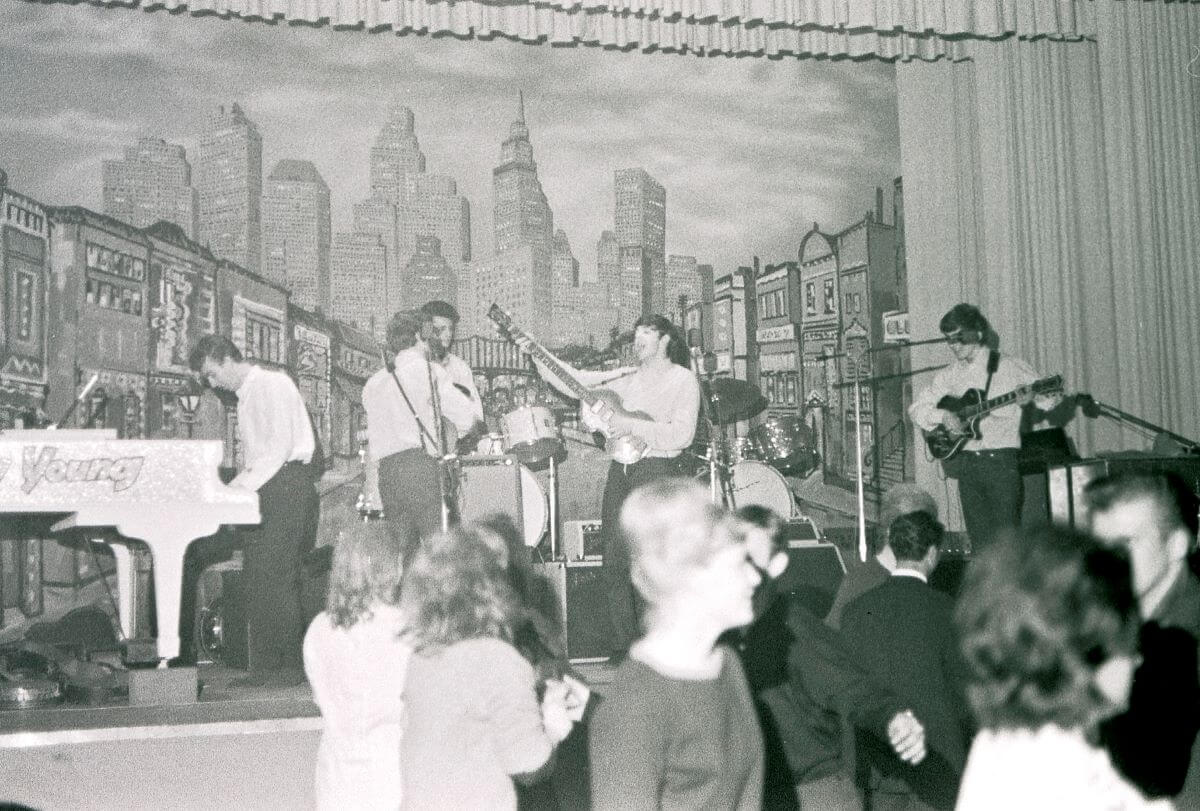
“I remember there were many nights in Hamburg when they pulled tear-gas guns out … Soldiers were in, and I remember telling one not to mess around with the barmaid, that she belonged to the club manager — one of the tough guys,” Harrison said. “But this soldier was getting drunk, trying to make it with the barmaid, and the next minute ‘Hully Gully’ was playing and all hell broke loose. By the end of the song we had to stop playing because of the tear gas.”
According to Harrison, the shows were always more violent when soldiers were in the audience.
“They would have fights and beat the hell out of each other and then the bad guy would get thrown out of the back door, and so an hour later he’d come back with reinforcements and then it was really wicked — blood everywhere,” he said. “It happened a lot, especially when the troops came in. The seamen and the soldiers would come into town; they’d all get drunk and inevitably it ended in blood and tears. And tears for the band, too, with the gas in our faces.”
The Beatles’ audiences would fight waiters during their concerts
The band often saw British soldiers while in Hamburg. They frequently tried to pick fights with their waiters. Unfortunately for them, their waiters were only too willing to fight back.
“Gangs of f***ing British servicemen [would] try to stir things up,” John Lennon said. “When we could smell Senior Service in the audience we knew there would be trouble before the night was out. After a few drinks, they’d start shouting, ‘Up Liverpool’ or ‘Up Pompey’. [But later] they’d all be lying there half dead after they’d tried to pick a fight with the waiters over the bill, or just over nothing. The waiters would get their flick knives out, or their truncheons, and that would be it. I’ve never seen such killers.”
The band’s shows were always hectic
As The Beatles grew more famous, they started playing shows in larger venues. Security was in place to stop fights, but the concerts were still hectic. People tried to storm the stage to get to the band and screamed all the way through the show. They also had to worry about potential assassination attempts, as they received multiple death threats.
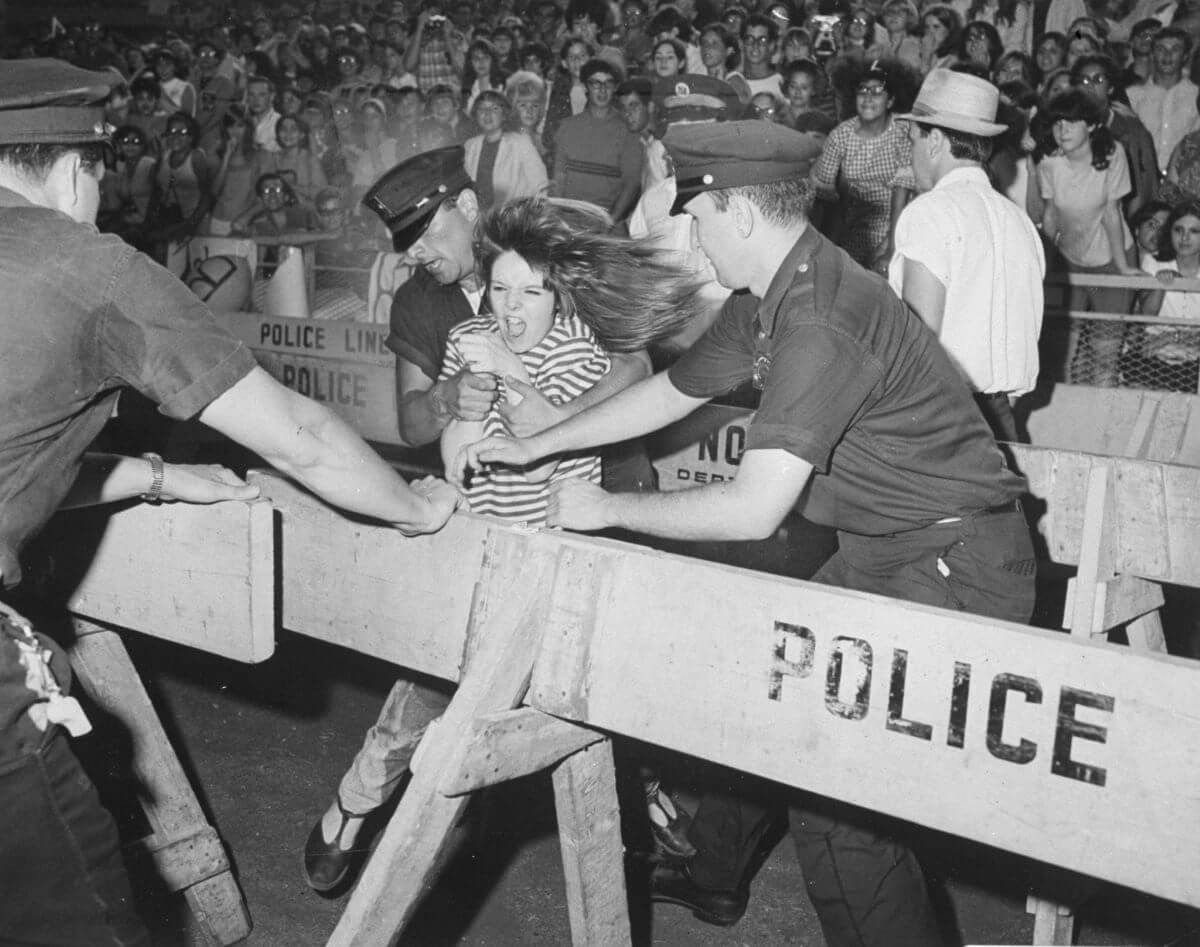
“One night on a show in the South somewhere [Memphis] somebody let off a firecracker while we were on stage,” Lennon said. “There had been threats to shoot us, the Klan were burning Beatle records outside and a lot of the crew-cut kids were joining in with them. Somebody let off a firecracker and every one of us — I think it’s on film — look at each other, because each thought it was the other that had been shot. It was that bad.”
Because of incidents like this one, the band decided to stop touring altogether in 1966.
